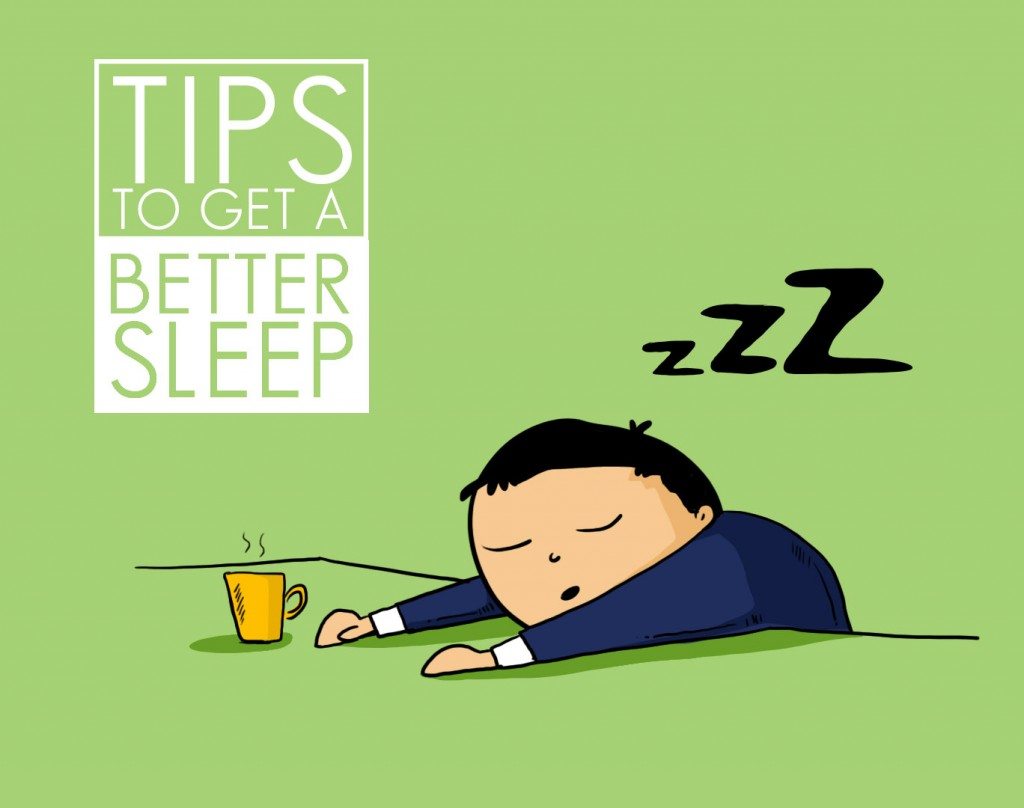Sleep and Mental Health: An interesting relationship
Problems with sleep can affect how you feel physically and mentally, and how you feel can also affect how you sleep. There is a two-way relationship between sleep and mental health: taking good care of one can have the knock-on effect of improving the other.

Types of Sleep Problems
Everyone needs sleep, but many of us have problems with it. For example, you might:
- Find it hard to fall asleep, stay asleep or wake up earlier than you’d like to – if this happens regularly, it’s known as insomnia.
- Have experiences that disturb your sleep, such as panic attacks, flashbacks, nightmares.
- Find it hard to wake up or get out of bed.
- Often feel tired or sleepy – this could be because you’re not sleeping enough, not getting good quality sleep or because of health problems.
- Sleep a lot, which could include sleeping at times when you want, or need, to be awake.
Or you may have other difficulties with sleep that aren’t mentioned here.
Effects of poor sleep on mental health
Sleep can affect your emotional regulation. If you’re experiencing a period of bad sleep for weeks, months or years, this can affect your day-to day life.
Poor sleep can affect your physical and mental health. Not getting enough “good quality sleep” can sap your energy levels, lower your mood and reduce your concentration. It can also negatively impact your relationships, immune system, work and social life.
One of the biggest issues associated with not getting enough good quality sleep is sleep deprivation. Sleep deprivation is associated with poor mood and the inability to control your emotions. This poor mood can then disrupt our sleep, creating a vicious cycle.
- Poor focus, memory and concentration.
- More likely to consume caffeine and sugary drinks.
- More likely to take part of risky anti-social behaviour.
- More likely to suffer from colds and infections.
- Less able to manage stress.
There is now evidence that shows treating sleep problems may help reduce anxiety disorders and symptoms of depression.
If you or someone you know is struggling and would like additional support, please feel welcome to contact the clinic to schedule and appointment with our experienced clinical psychologist.


Tips for getting a good night sleep
Create a regular sleeping pattern: Going to bed and getting up at roughly the same time everyday will programme your body to sleep better.
Create a restful sleeping environment: Your bedroom should be a peaceful place for rest and sleep. Keep your bedroom dark, quiet and cool when you’re trying to sleep.
Monitor your job, commute, and work environment. Think about things like whether you should be answering emails or work phone calls outside of work hours. Whether you enjoy or resent commuting to work-does your work environment, whether it’s a home, in an office or elsewhere make you feel regularly stressed and tired?
Exercise regularly: Moderate exercise, such as swimming or walking, can help relive some of the tension built over the day. Try not to take part in vigorous exercise too close to bedtime though, as it could keep you awake.
Watch what you’re eating and drinking: Cut down on caffeine in tea, coffee, energy drinks or colas, especially in the evening. Caffeine interferes with the process of falling asleep and also prevents deep sleep. Instead, have a warm, milky drink or herbal tea. Too much food or alcohol, especially late at night, can interrupt your sleep patterns. Alcohol may help you to fall asleep initially, but it will disrupt your sleep later on in the night.
Keep a sleep diary: If you’re worried about your sleep, why not keep track of how many hours you’re sleeping and why – you may see a pattern of behaviour which you can address.
Wind down routine: Learning how to relax both your body and mind will help you to get to sleep more easily. Have a warm bath, listen to quiet music or do some gentle yoga to relax the mind and body.
Write down your thoughts: If you tend to lie in bed thinking about everything you have to do tomorrow, set aside time before bedtime to make plans for the next day. Avoid doing these things when you’re in bed, trying to sleep.

